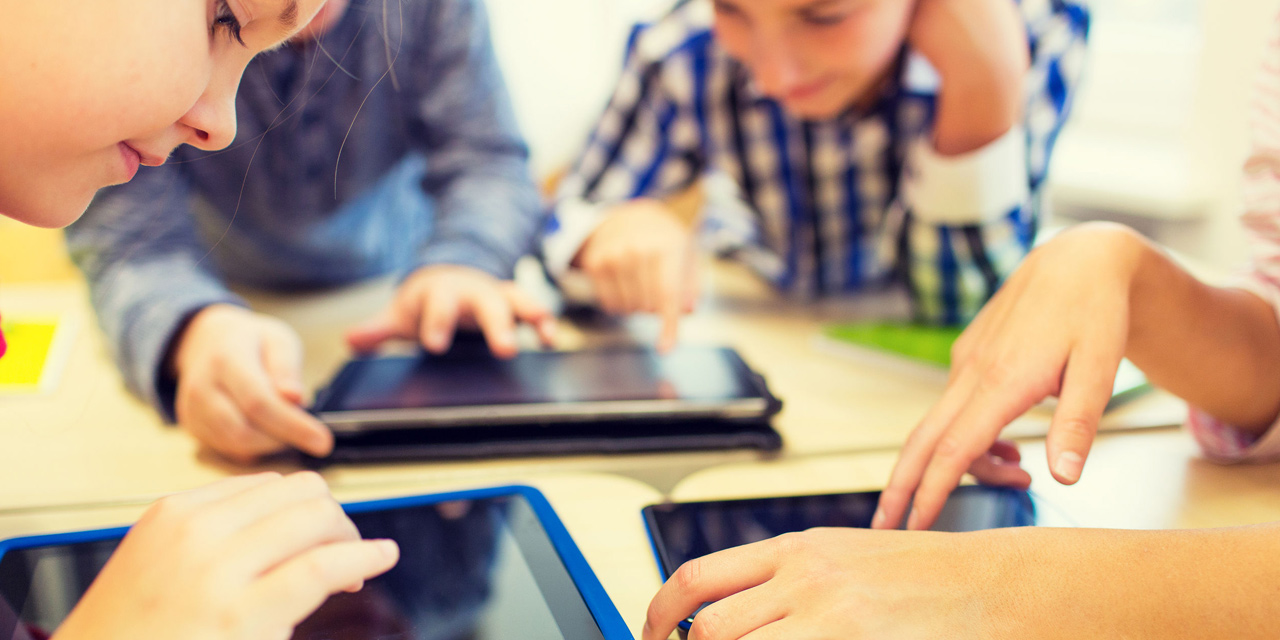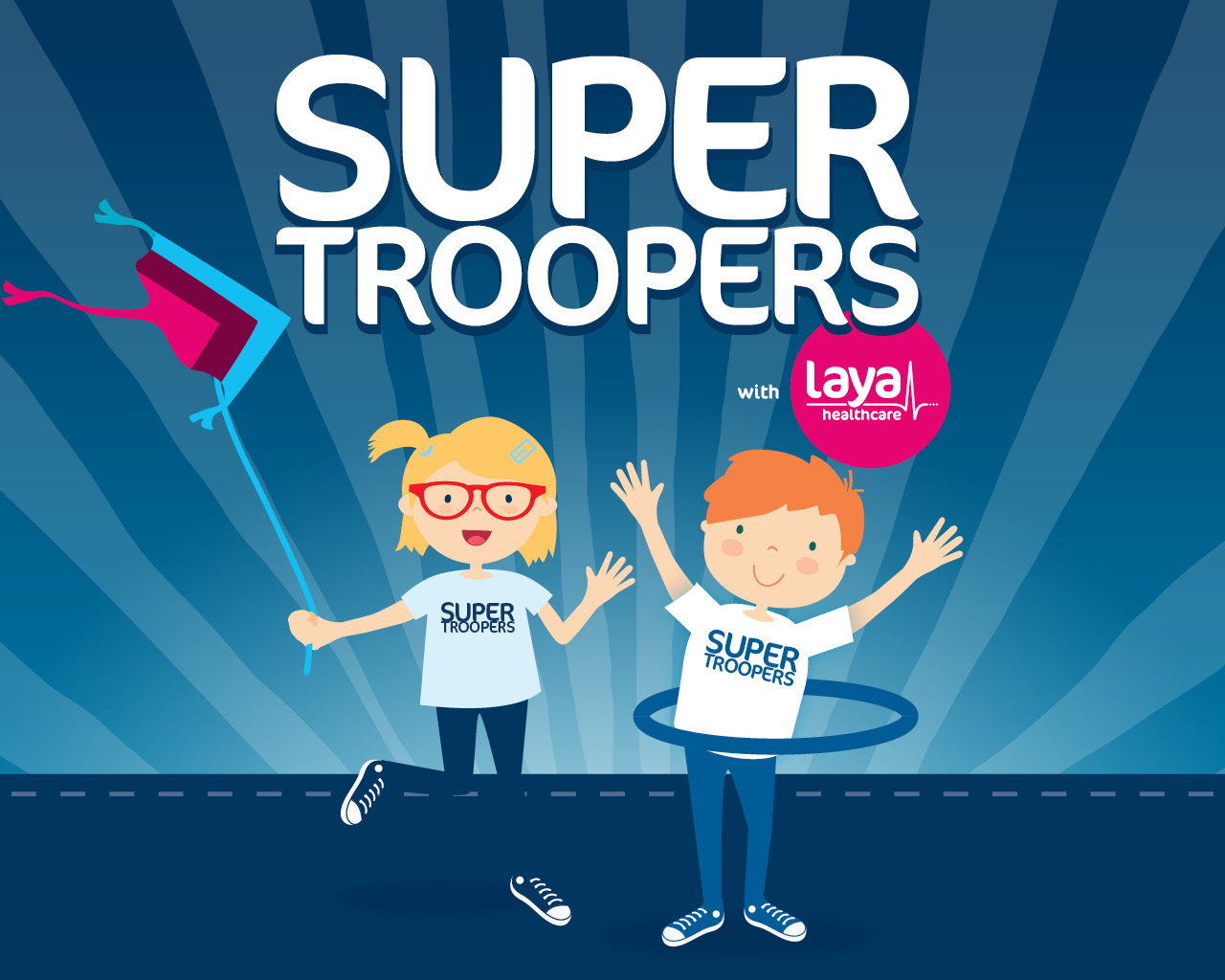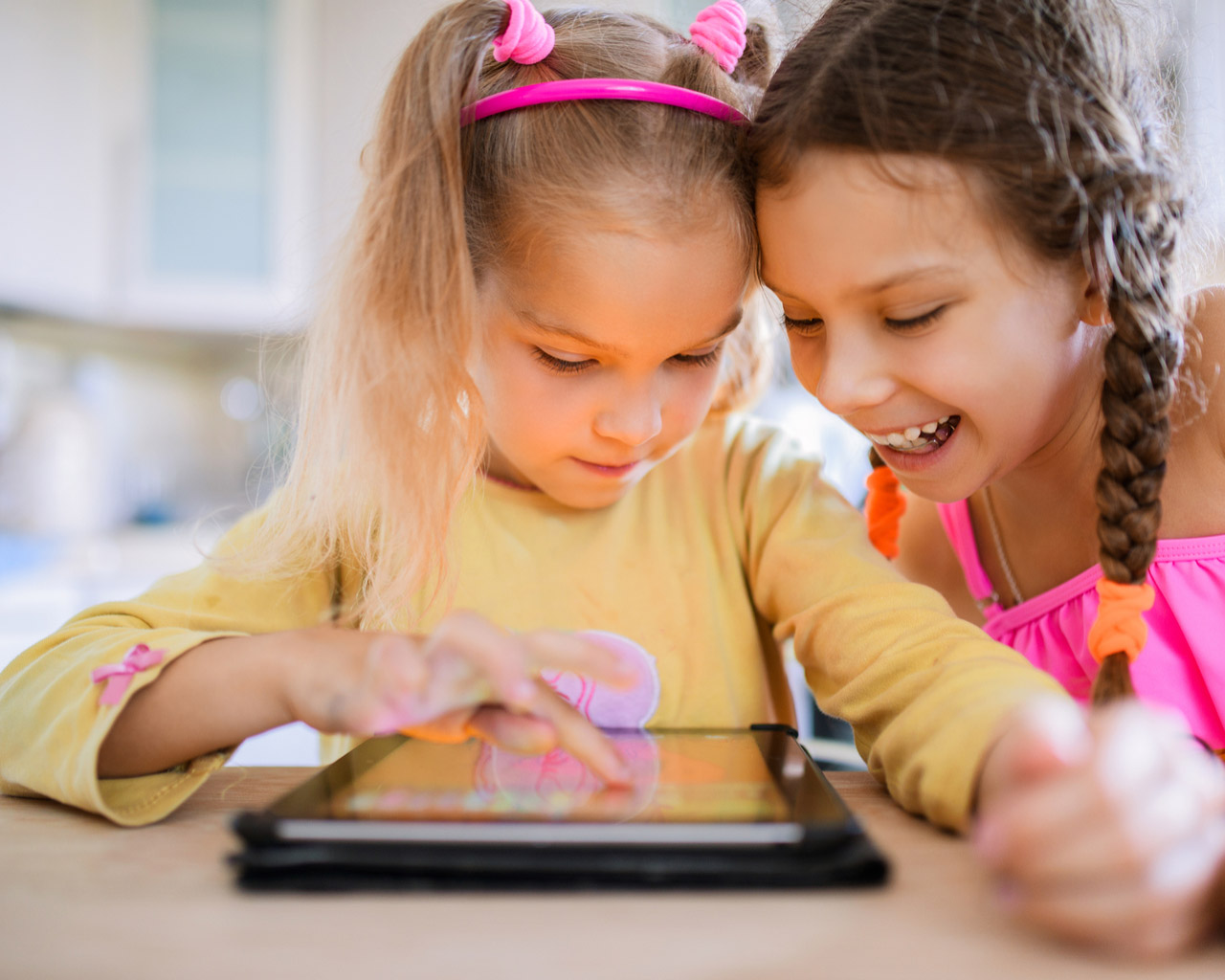Social media can be daunting for many parents. With new apps and sites emerging daily, we as parents can often struggle to keep ahead of our ‘digital native’ children.
Regardless of the social media site or app your child is using, here are 5 conversations you should have with them.
What is the meaning of ‘privacy’ online?
What does it really mean when we select ‘private account’? Once we have selected this option, can we then share whatever we want and it will remain private? Unfortunately, this is not the case. The privacy option on most sites means that our information is a little less public, only shared with friends/followers we accept. However, profile pictures, bios and usernames can remain public. Once we share content online, we lose control of that content. It can be copied, shared and edited by anyone we share it with. From speaking with young people across Ireland a statement I hear a lot is “I have 800+ friends/followers………… but my account is private”. As parents, we must challenge this belief.
Who should we accept as friends/followers Online?
Most young people I speak to admit to having friends or followers online that they do not know in real life. This is not always negative or risky but all it takes is accepting one unknown individual whose intentions are destructive. The number of friends/followers remains a popularity contest, with young people accepting strangers to look ‘cool’, get more ‘likes’ and have more ‘streaks’ (this is where you and your friend have ‘snapped’ each other but not chatted within 24 hours for more than three consecutive days). This idea currently dominates our children’s lives and is often seen as a way of quantifying friendships. Discuss what it means to be a friend and how friendship cannot be simply measured by a snapchat emoji or streak score.
.jpg)
Most young people also admit that they have friends/followers they never speak to –they merely accept them to ‘creep’ on their account. By accepting someone as a friend/follower you allow them access to the content you are sharing, ultimately allowing them to ‘creep’ on you. Talk to your child about customizing their settings, so they can still maintain their friends list, but choose who to share content such as pictures etc. with. In real life we would never hand over the volume of information we hand over when accepting a friend online. Young people think it would be ‘weird’ if someone asked them in real life “Will you be my friend? Can I have pictures of you, your snapchat username, a list of your friends etc.” They would never hand over that content in real life yet that is exactly what they are doing when they accept someone as a friend or follower online. Help break down the distance technology creates by talking about the reality of accepting friends/followers and how much content they are handing over.
How to protect our mental health online
Online we subject our mental health to pressures we would never subject it to in real life. I doubt any young person would stand outside their house with a box of selfies, holding them up to random strangers as they pass and asking them if they ‘like’ this picture or if they would like to comment on it. Yet online, our children seek approval, validation and appreciation from strangers on a daily basis. While amazing positives can be gained from self-expression online, negative comments, dislikes and disapproval can have a damaging effect on our children’s developing self-esteem. If left unchecked this can result in mental health difficulties such as anxiety, depression, self-harm, eating disorders etc. I repeatedly meet young people who will not leave an image on their account online unless it receives a certain amount of ‘likes’. Have a conversation with your child about what they share online and what they expect by sharing (e.g. likes, comments, more friends/followers). Discuss whose opinions online matter to them and why.
What is the role of the Bystander?
As parents, we all worry that our child will be bullied but very few of us worry that our child will be a bully or a bystander. These are roles we need to talk about. Most children, like us as adults, share, like and comment on images, videos and posts online, often without thinking of the consequences of those actions. By sharing, liking and commenting we are creating a larger audience for the content. So, while your child may not be the bully, they may be assisting bullying by sharing, liking and commenting. To steal from Chilliwak –Raino Lyrics, remind your child, “if there is no audience, there just ain’t no show”.
How to achieve a Healthy Balance
Like most things in life, moderation is key when it comes to social media. Young people often gasp at the thought of a ‘social media fast’, panicking about ‘losing their streaks’. However, they also often admit, they feel less stress, less pressure and less anxious, when they give technology a break. Set simple rules that suit your family –for instance, no devices in bedrooms at night-time, no devices at the dinner table. We need to teach our children and young people to give technology a place within their lives. Talk to your child about times when it is inappropriate and/or unsocial to use their devices. Discuss when is okay and not okay to take pictures/videos. Model good practices and teach your child that sometimes trying to capture everything with our devices means we often miss what is right in front of us.
Download Maureen's Internet Safety Guide here
Read Maureen's article on what to do if your child is a victim of Cyberbullying here.







